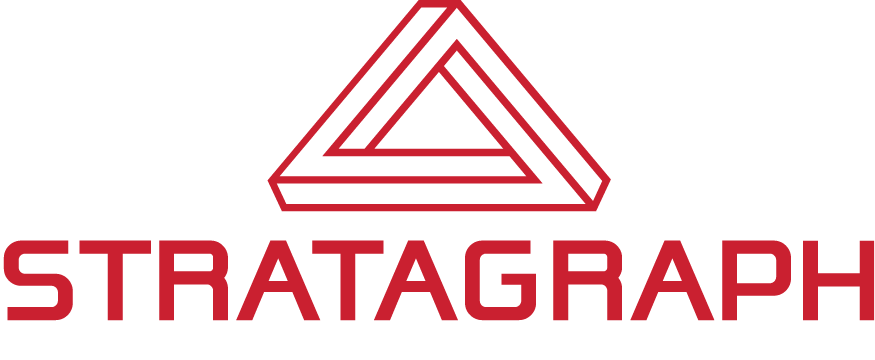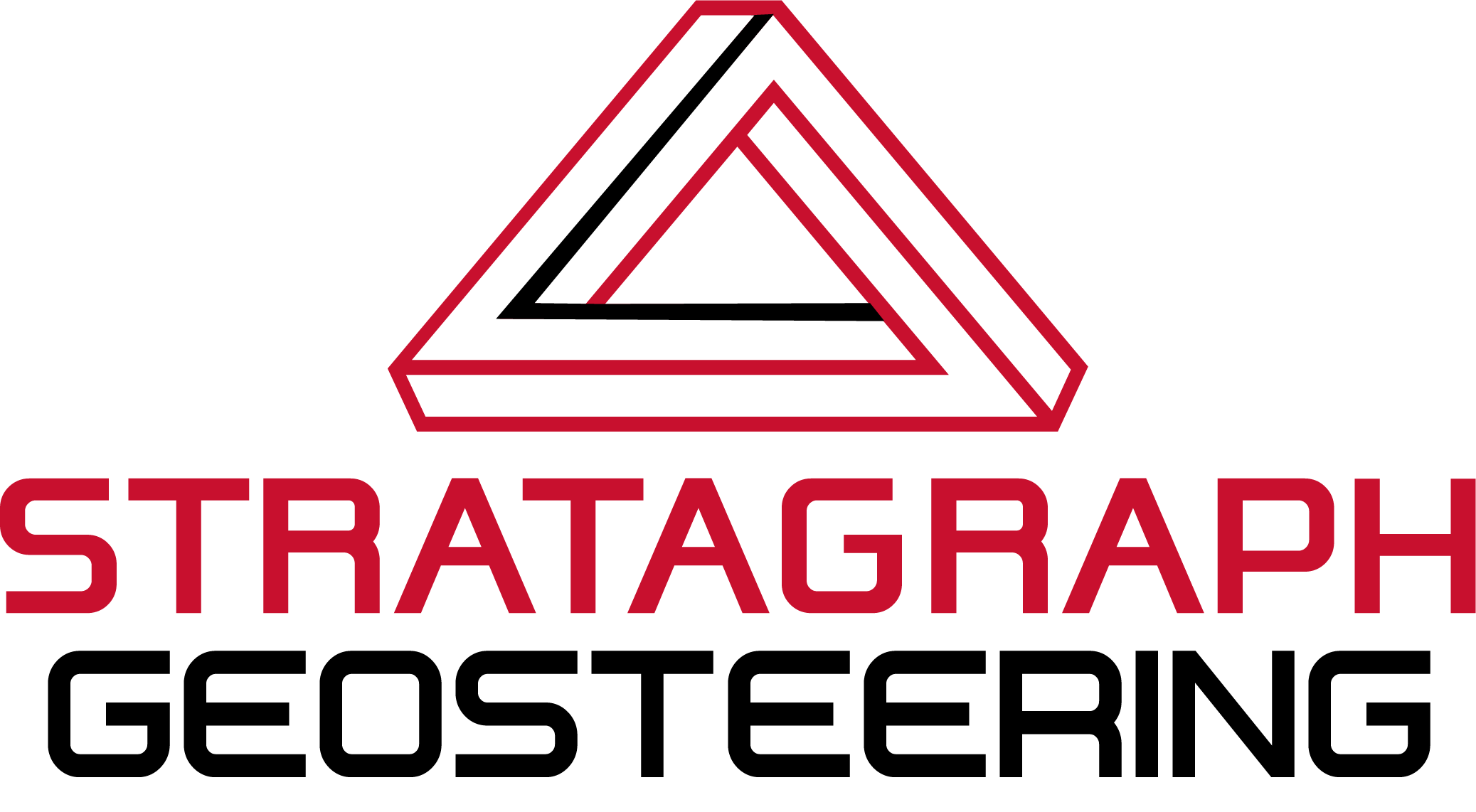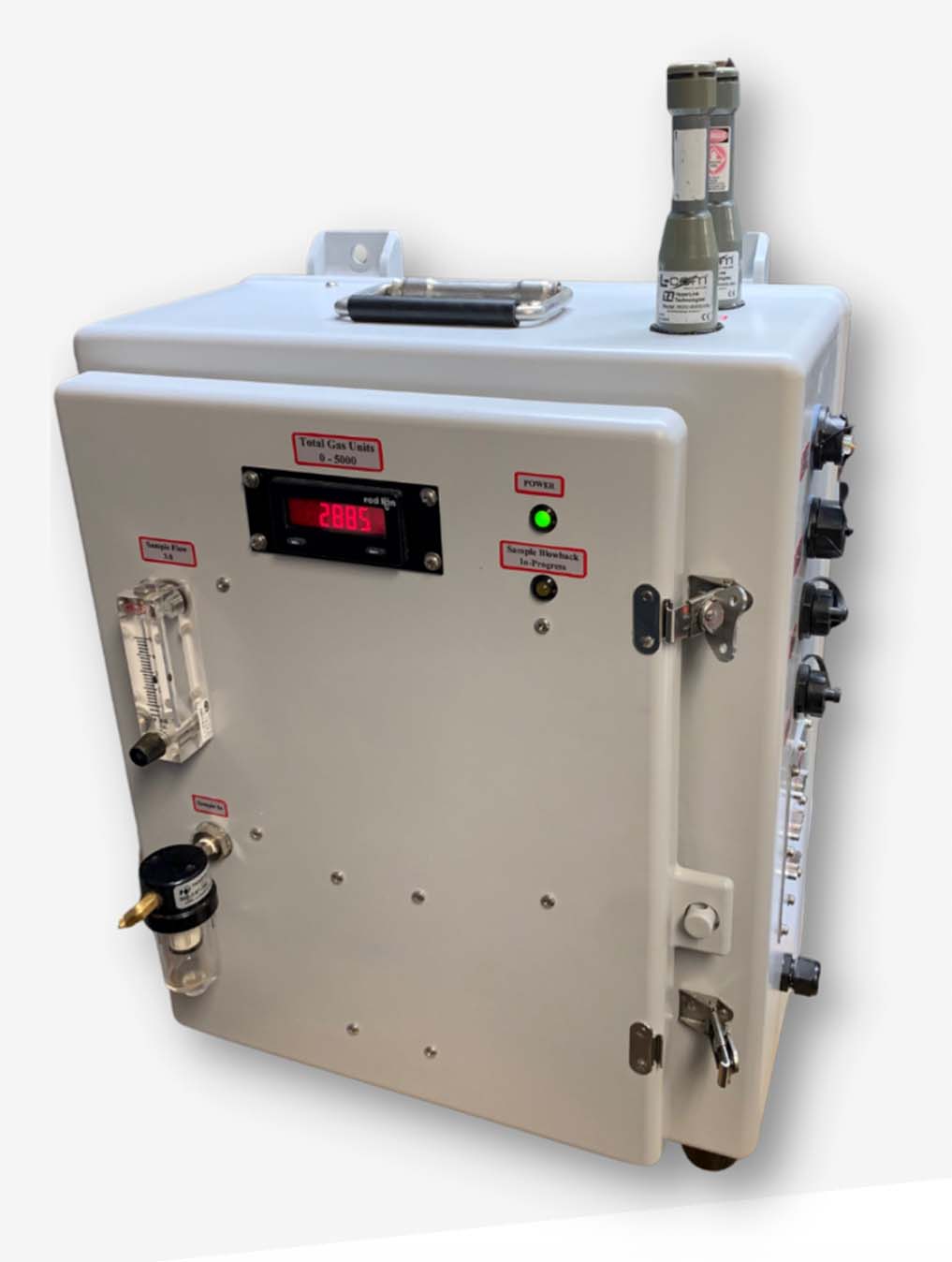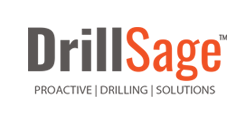WELLWATCH: GEOSCIENCE AND DRILL TEAM COLLABORATION
WellWatch | Drill Logic Unmanned Gas Detection Systems | Well Watch Package | Goals of Wellbore Quality | Bringing The Team Together



WellWatch is a real-time advisory system that vastly improves drilling collaboration by reducing human error and decision bias. The Real-Time Advisory System is an expert-centric, physics-based system delivering analytics and watches to prevent issues like Stuck Pipe, Kick and influx, Cuttings Loading, Fluid Losses, and so much more.
WellWatch uses the combined real-time services of the DrillSage advisory system and Stratagraph’s geological-based services to proactively empower operators and well multidisciplinary teams to mitigate drilling risk with no additional required hardware, personnel, or workflows.
The DrillSage world-class capability of automatically determining rig activity coupled with Stratagraph’s unmanned mudlogging functions provides operators with an unprecedented breakthrough, especially in unconventional onshore operations and enables a one-of-a-kind cost-effective solution.
WellWatch’s mission is to deliver enhanced process safety, reduce drilling costs consistently, and help ensure environmental safety.
The combined services of the WellWatch package will enhance wellbore quality, reliability, and lifetime integrity.

Stratagraph is already an industry leader in manned gas detection when it comes to mudlogging. Mudlogging may not always be needed at every well, however, one thing that is required at every well is gas detection. Huge corporations, little mom and pop businesses, wells big or small — we do them all. Try efficient unmanned gas detection systems from Drill Logic Systems today!
Drill Logic Systems was developed from of group of individuals who have conceived, developed, designed, and manufactured different gas detection systems, including chromatograph systems, unmanned ROP systems, unmanned gas systems, NDIR systems, and more since 1972. Today, Stratagraph continues the legacy of this unmanned gas detection sector by providing your company with effective, worry-free, unmanned gas detection.

- Watches
- Proactive, look ahead identification of conditions conducive to creating:
- Stuck Pipe-Kick & Influx-Cuttings Loading-Fluid Losses-Overpull-RT vs. Model
- Alarms
- Notifications
- Proactive Risk Management
- DrillSage proprietary expert system with “look ahead” capability to analyze, identify and notify about developing
- wellbore issues before they become problems.
- A 24X7 “virtual consultant” that never sleeps.
- Activity Detection
- Time-to-Depth Conversion
- Real-Time Data Feeds
- Dynamic Watch Engine
- Root-Cause Analysis
- Activity Analysis
- Uptime Reporting
- DrillSage API

- 24-hour mud logging services consisting of a two-man crew.
- Data acquisition
- Logging-data reporting
- Mudlog build-out
- Formation gas detectionTotal Gas (C1 to C5)
- FID Chromatograph Analysis WITH Integration
- (Certified Seven Gas Calibration Standards)
- Cuttings analysissample catching, preparation, examination, and lithology, as well as storage and shipping
- Mudlogging Watches and Alarms
- Total Gas Detection
- CO2 Detector
- H2S Detector
- On-Site RTAS Rep.
The Goals of Achieving Wellbore Quality
The Multidisciplinary Synergies: Geoscience, Drill Team, Operations
- Geosteering continuity
- DLS needs elevated and minimized
- Vibrations/Porpoising undulations fingerprinting
- Undulations create:
- Drilling problems/hazards such as stuck pipe
- Casing running
- Cementing and zonal isolation
- Torque and bending moment issues
- Stimulation problems
- Production problems and slugging (water accumulates in low places)
- Undulations create:
- Vibrations/Porpoising undulations fingerprinting
- DLS needs elevated and minimized
Bringing The Multidisciplinary Team Together
Providing time for drill team and geoscience proactive actions
- Awareness is provided via escalated notifications of evolving anomalies that impact wellbore stability
- Two means of notifications:
- Proactive watches as hazards anomalies evolve
- Alarm notifications when limits are exceeded:
- Gas levels
- Pit gain (volumetrics)
- Flow rate
- Torque
- Equipment limitations, like motor differential
- Hookload

